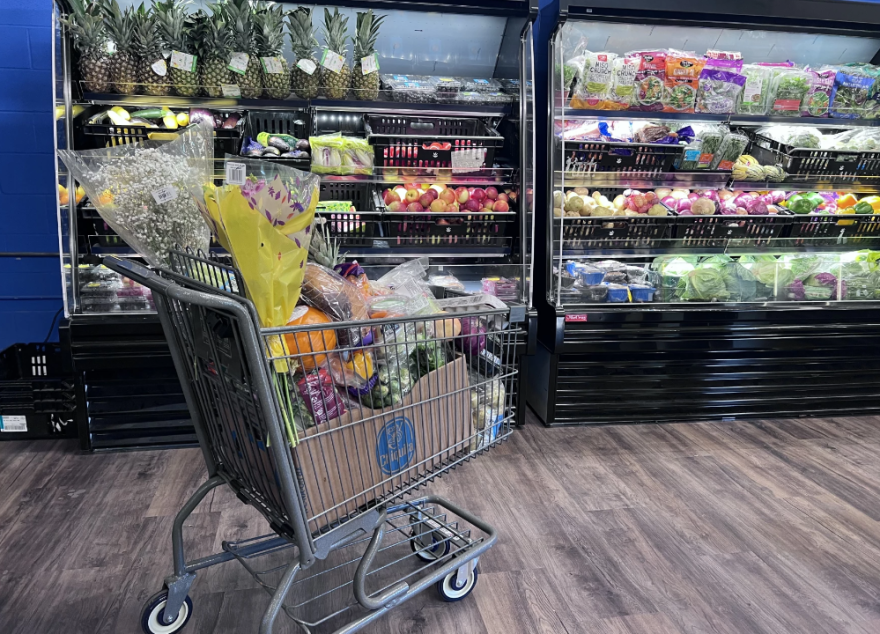Earlier this month, the U.S. Department of Agriculture announced it was cutting its annual survey tracking hunger across the US.
“These redundant, costly, politicized, and extraneous studies do nothing more than fear monger,” the department said in a press release.
But local advocates say this data provides crucial information on how to best fight food insecurity and has long enjoyed bipartisan support.
“The statement from the USDA was really, really concerning because it made it seem like this was some kind of a partisan report, which is just not true,” said Laura Milliken, the director of N.H. Hunger Solutions. “It is the gold standard of health reporting. It is well respected on both sides of the aisle.”
Milliken says the data gathered is used to better understand if certain strategies to expand food access are working.
“If we're trying to solve hunger in our state or in our country, we need to know who's hungry,” Milliken said.
This announcement follows large cuts to the Supplemental Nutrition Assistance Program (SNAP) in the federal reconciliation bill signed by Pres. Trump this summer. Under the new rules, legal immigrants with humanitarian aid are barred from accessing SNAP benefits. Furthermore, work requirements will be more strict, and how benefits are calculated is changing, which the Congressional Budget Office estimates could cause millions of Americans to see fewer benefits or lose them entirely.
Milliken said getting rid of the survey will make it difficult to understand how these policy changes will impact food insecurity. She said she is speaking with the state’s congressional delegation to push for its reinstatement.
According to NH Hunger Solutions, more than 75,000 people in New Hampshire rely on SNAP. In recent years, food insecurity in the state has been growing, due in part to the rising cost of living and the rollback of pandemic era supports.
In coming years, the changes to federal funding will require New Hampshire to shoulder more of the administrative and benefit costs for the program.





